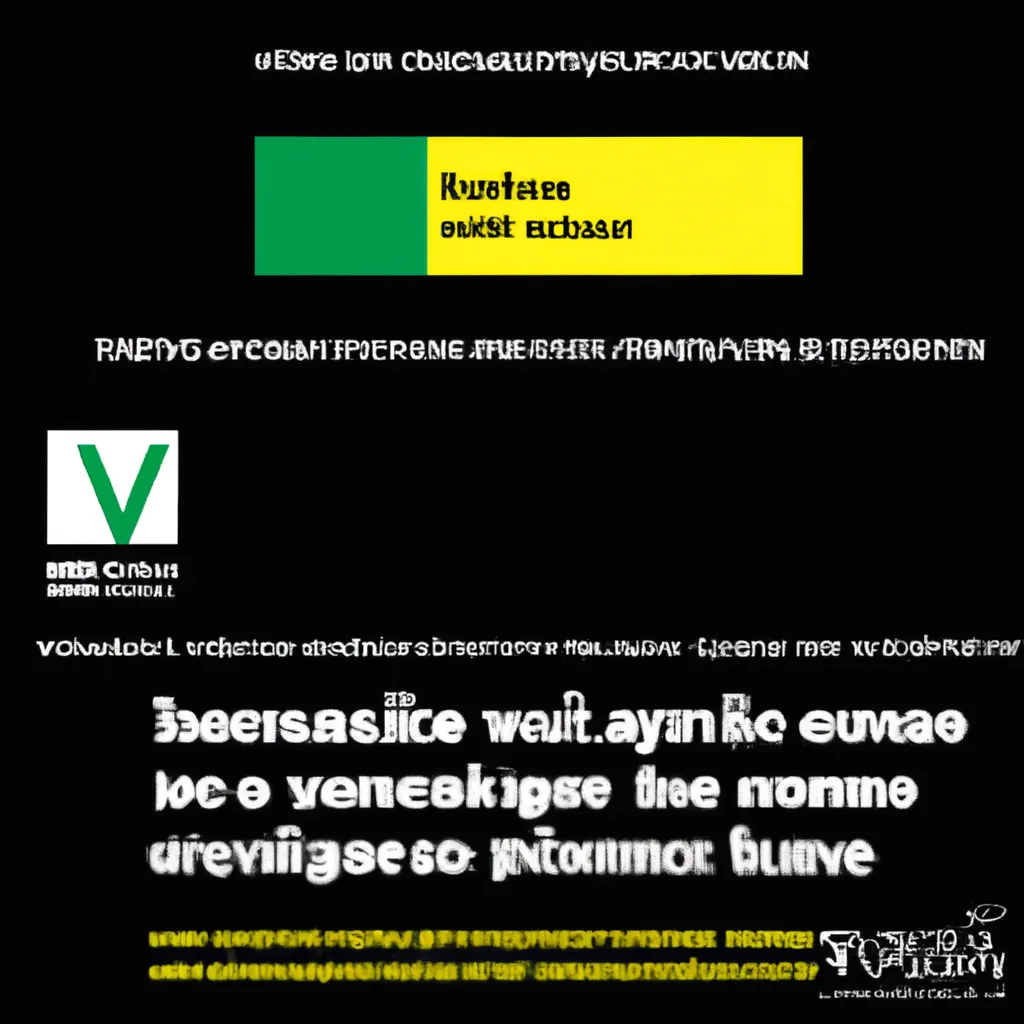British immigrants have been hurt in the fight for Brexit 'golden visas' by rising property prices in Portugal.

Daniel Clarke moved to Portugal more than five years ago but fell victim to the housing crisis that forced the government to end its counter-versa golden visa program and ban new short-term rental licenses for tourists. The spread of COVID-19 has affected the Portuguese real estate market, causing a drop in demand for short-term rentals as well as a rise in house prices.
35-year-old British writer Daniel Clarke could no longer afford to live in Lisbon, so he moved south to the Algarve and believes the government is making a mistake by targeting tourist accommodation, announcing the end of the golden visa program last week. This program offered EU citizenship to non-EU citizens in exchange for investments, most often in real estate. New licenses for tourist accommodation, such as Airbnb apartments, will also be banned except in less populated rural areas.
This could affect Britons who wanted to get away from Brexit but have been forced into development by wealthy foreigners buying villas. Real estate prices have skyrocketed in recent years in Portugal, one of the poorest countries in Western Europe, but wages have not kept pace. Last year, more than 50% of workers earned less than €1,000 a month, and in Lisbon rents rose by 37%.
The problem is compounded by inflation, which currently stands at 8.3%. Portuguese Prime Minister Antonio Costa said last week that the housing crisis no longer affects only the vulnerable but also middle-class families. The state will regulate rent increases and offer tax incentives to landlords who convert tourist properties into housing for local residents. He said the state would rent vacant homes directly from landlords for five years and put them on the rental market. It is not yet known when these measures will be introduced. But housing activists say it makes no sense to abolish the "golden visa" when Portugal introduced a digital nomad visa for wealthy foreigners in October.
The visa gives high-income foreign workers the right to live and work in Portugal without paying local taxes.
5 May 2025
14 May 2025


The Portuguese government has been criticized from two unexpected allies - relocation agencies and the far-left Left Bloc party - who said it would be counterproductive for Portugal's economy and increase the profit margins of landlords. Mariana Mortagua, a Left Bloc MP, said the government's changes would only benefit landlords. "These measures will not help ordinary people, but only those landlords who have already made a very good profit from the price increases," she said.
Housing rights activist Andreia Galvao accused the government of failing to fulfill promises to solve the housing crisis in the past. "The goal was that by 2024 all Portuguese people would have access to quality housing - it looks like that is not going to happen," she said.
The European Commission last year called on governments across the bloc to stop selling citizenship to investors. This is different from the "golden visa" which offers permanent residency rather than citizenship. But the pressure from Brussels stems from concerns that such schemes could pose a security risk. Brussels also called on countries to double check whether those sanctioned over Russia's invasion of Ukraine received "golden passports" or visas. Meanwhile, one in five British citizens, or 21 percent, said they plan to work remotely from another country this year, according to new research from Finder UK, a financial advisory firm. The preferred countries for remote workers in 2022 were the United States (13 percent), France (12 percent), and Germany (11 percent).
Comment
Popular Posts
Popular Offers

Subscribe to the newsletter from Hatamatata.com!
Subscribe to the newsletter from Hatamatata.com!
I agree to the processing of personal data and confidentiality rules of Hatamatata












